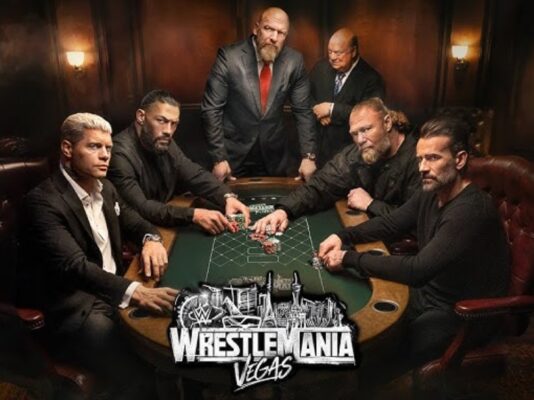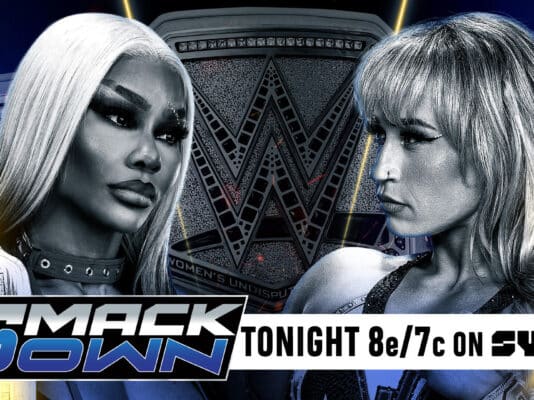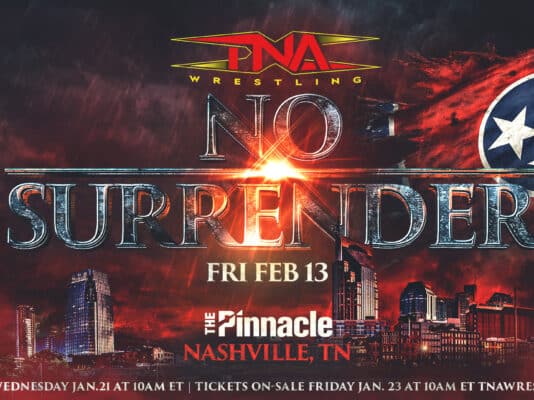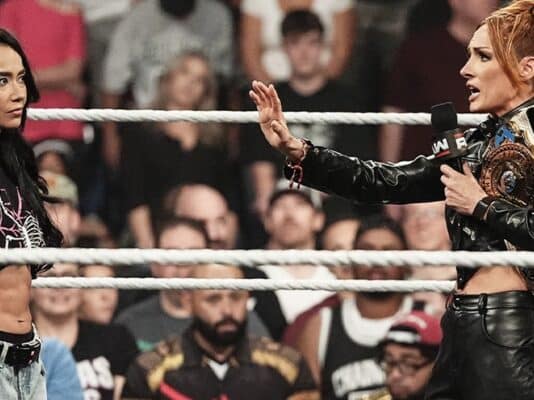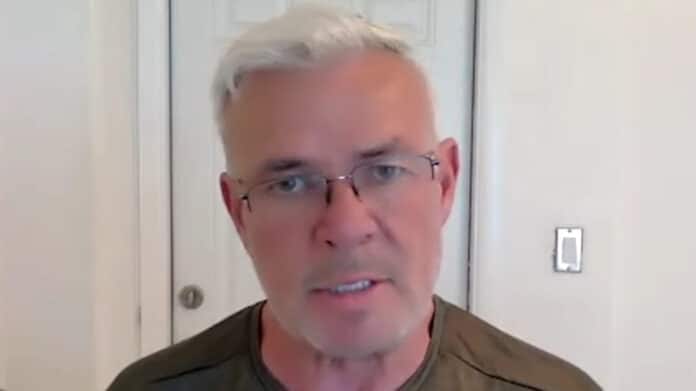
WWE Hall of Famer and former WCW President Eric Bischoff took to an episode of his Wise Choices podcast, where he talked about a number of topics including how he believes WWE should end their Draft concept.
Bischoff said, “I didn’t see it but having read a lot of the responses to it, having seen what I’ve seen by going back and looking at clips of it, whatever. I just have a sense — and I’ve had this feeling now for quite some time, several years, that maybe it’s just time to kill the draft. Kill the draft. You’re too young to remember that Conrad, but back in my day, when I was 17 years old, we each had a number. We got it when you’re 18. You get a number, it’s your draft number. And when your number is called, you’re going into the Army or the Navy or the Marines or whatever. But you’ve been drafted. And right shortly after I registered for the draft, and while I didn’t get a draft when the number was number three, I actually have — long story short, they killed the draft. And I think it’s time to kill the WWE Draft.”
“Because again, based on the comments that I read, it was a big lot of nothing. Nobody really went anywhere. No real impact. And it just got me thinking about, why even have it? Originally — and I get the original intent was to create a brand separation in order to take advantage of brand loyalty. And I think in the beginning, not putting myself in the middle of this, but I think there was a period of time when it got kind of interesting early on. And especially when I was the General Manager of Raw and Stephanie McMahon was the General Manager of SmackDown. so you essentially had a by default McMahon-Bischoff kind of scripted battle going on. And it was fun and entertaining because it was still Bishoff-McMahon, just a different version of it, right? And it was an interesting attempt early on to help to distinguish the two brands, to create or try to create rivalries based on the loyalties of the viewers to each brand. And like I say, for a while it was fun. I just don’t think it matters anymore. I think times have changed, viewing patterns have changed. I think primarily that there’s a duplication of the audience so extensive that you got the same people watching the same shows anyway, so nobody’s loyal to the brand. They may have some favorite wrestlers on each show, but since they’re watching both shows anyway, it doesn’t make any difference. Does that make sense?”
On there being no brand loyalty:
“I agree with you. I think from the very beginning, it’s not like duplication is something that just evolved as a result of television viewing habit evolution. I’m not suggesting that for a second. I’m just suggesting because early on when it was new, when it was actually two shows, we actually tried to create a sense of loyalty to each brand, the methods that they use to try to tell that story and create that loyalty was a little more interesting than it is today. One’s red, one’s blue, other than that I don’t give a f**k. That’s the extent of brand loyalty today because everybody’s watching those shows for the most part. So, as a result of that — well, here’s how it manifests. So there’s this continued attempt like we’ve just seen, to push focus and create interest in the draft because who knows what’s going to happen. And then nothing really doesn’t and even if it did, it didn’t matter anyway. So what you do without knowing you’re doing it is, you’re letting your audience down. You’re building them up. ‘I’m gonna get something special. Oh, this is gonna be cool, I can’t wait. I’m gonna watch with my friends.’ And nothing really happens. It’s not bad. But it didn’t live up to the expectations.”
“So if you can’t live up to the expectations that you’ve created for your audience, it’s kind of like death by 1,000 cuts. It’s not going to kill you. Not one of them’s going to hurt. But you keep doing it over and over and over and over again and all of a sudden, you become the one that overpromises and underdelivers. That’s never good. It’s always good to go the other way. So I just think the time has come to explore — and I don’t have an answer. Like if somebody called me, if Bruce called me and said, ‘Alright Eric, I got a deal. There’s a million dollars in cash in a briefcase. Come on out here to Stanford and if you could give me one idea that you’re absolutely sure is going to work, we’ll buy it from you for a million dollars in cash.’ I’d try to bulls**t my way into it, but the truth is I wouldn’t have an honest way to do it, that I was sure was going to work. I have a pretty good idea, or at least a starting point to think about. Because often, I think solutions are best found in an environment where all doors are open. You’ve heard the saying ‘There’s no such thing as a bad idea?’ That’s not really true, there are. I’m living f**king proof. But if you walk into a meeting where everybody knows, ‘We’re not looking for a solution here. But I want to hear as many what-ifs as we can come up with.’ And some of them we’re gonna be, we’re gonna laugh. We’re all gonna get a chuckle. And some of them are gonna be so bad, we’re not even gonna laugh at him. But somewhere in there is going to be a kernel of something that we can start building upon and collaborate on. So that’s what I’m suggesting here.”
You can check out the complete podcast in the video below.
(H/T to 411Mania.com for transcribing the above quotes)







